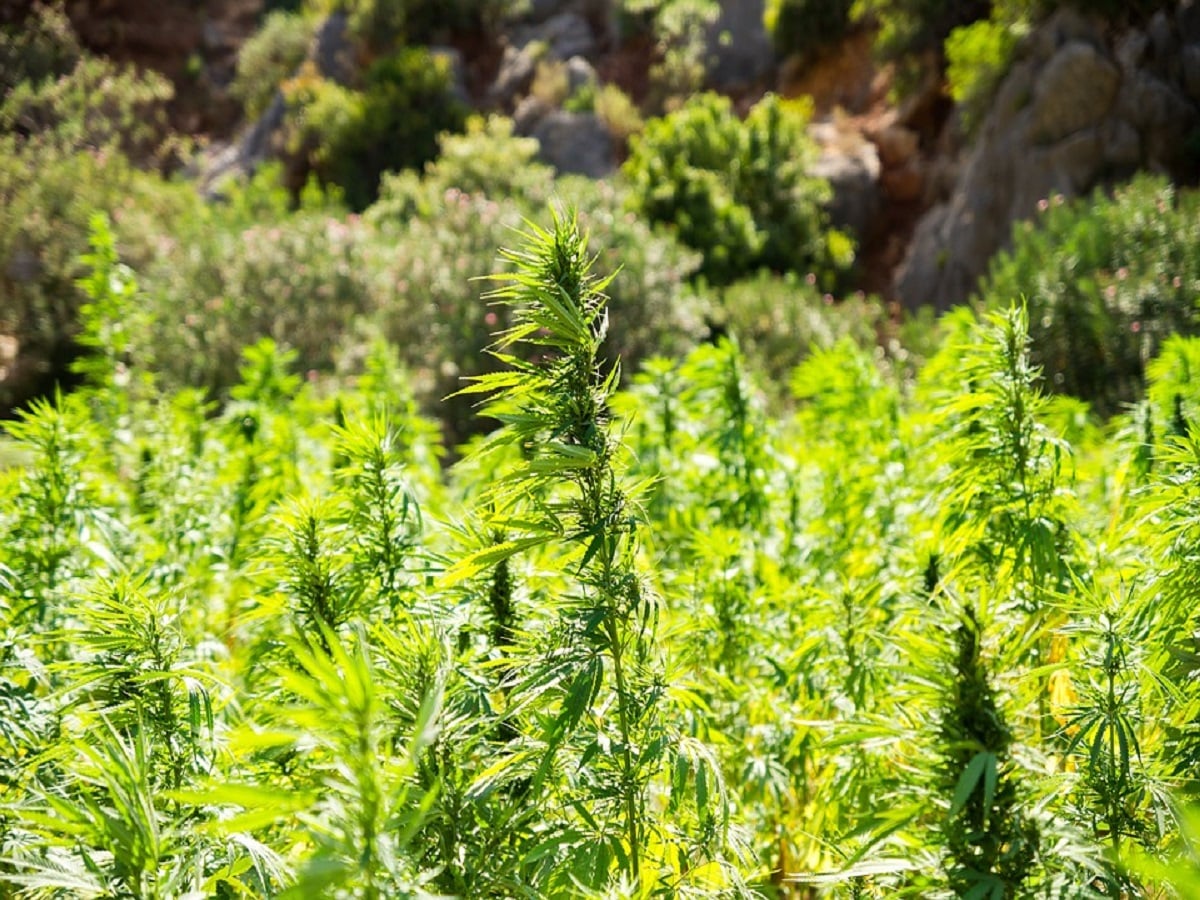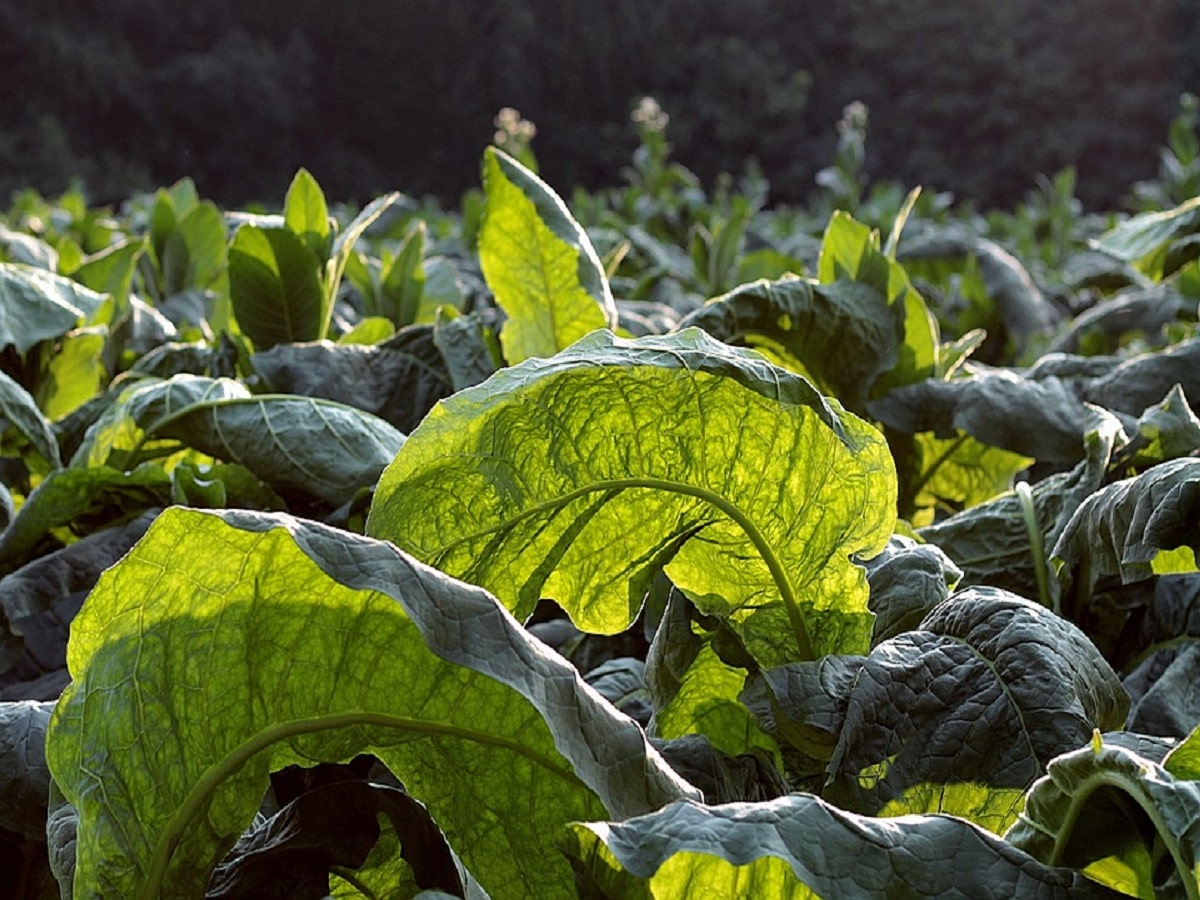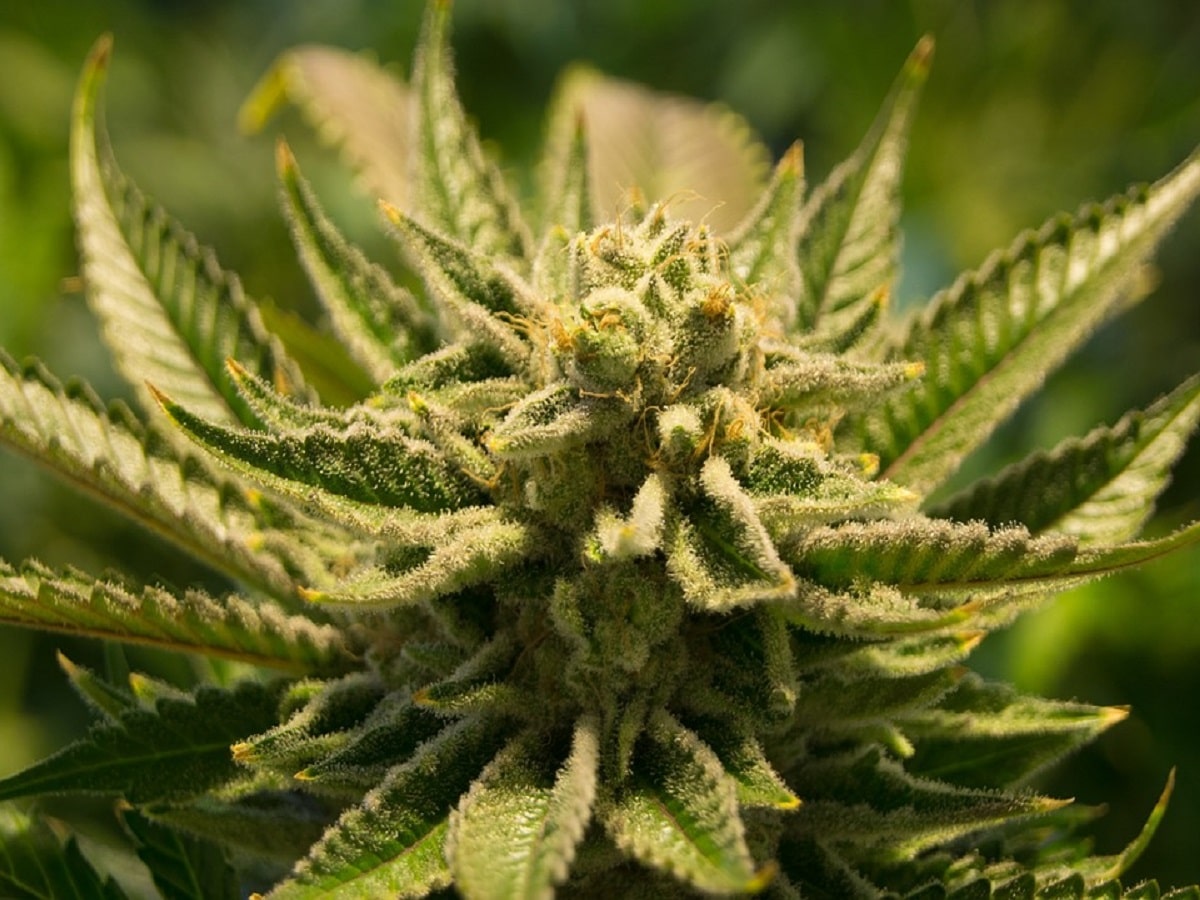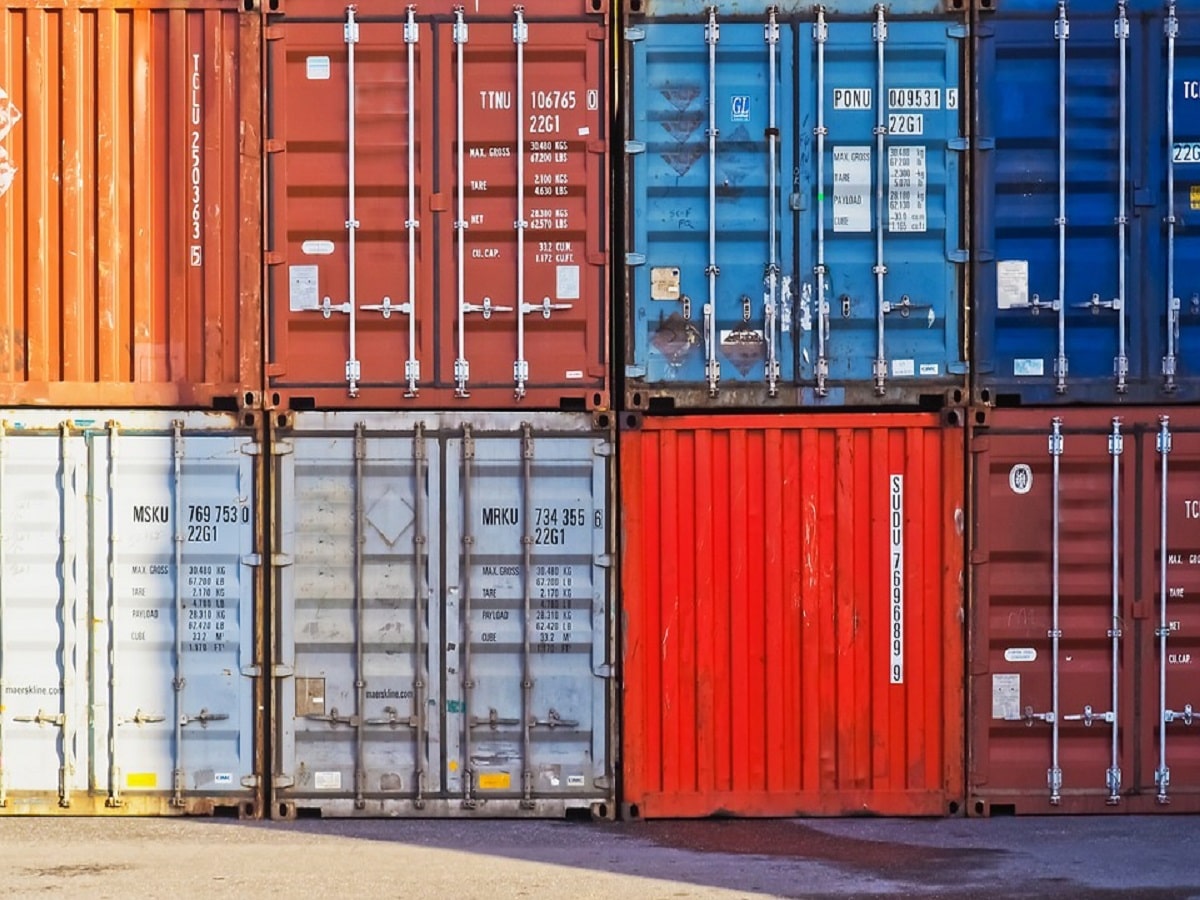
Zimbabwe Flips Cannabis Policy To Create Total Privatization Of The Market

Zimbabwe Flips Cannabis Policy To Create Total Privatization Of The Market
As South African lawmakers miss a deadline to change the law, finally enshrining cultivation, possession and consumption as a constitutional right (set by the Constitutional Court in 2018), neighbouring Zimbabwe has moved forward on a new course of its own.
Namely, full privatization of the industry.
In an abrupt turn of events, the country’s Health Ministry has just announced that all local and foreign investors who enter into the production of cannabis (known locally as mbanje), will be allowed to own 100% of their farms and the necessary licenses.
The logic? Competitiveness.
The Zimbabwean government-approved medical cannabis production in 2018. By last year, 37 entities had expressed interest in owning a license. However at least some firms had subsequently entered into a private-public partnership with the government. Those agreements are now being voided, giving the original investors full control and ownership of any projects.
Initial licenses will be good for five years before requiring a renewal.
This is, of course, a vast improvement. Formerly production and possession of the plant were illegal and could be sentenced for up to 12 years in jail.
It also seems like Zimbabwe is now actively trying to compete with the developing market just south of its border in South Africa if not Lesotho.
Where And Why Is African Cannabis Relevant?
So far, the continent’s legal market has been as problem strewn as just about anywhere else. Delays and amendments if not “exceptions” have been the hallmark of development in Africa, even if they are slightly different in form than anywhere else.
However, there are clearly developing pockets of cannabis activity, with an eye to three markets: domestic consumption, and export somewhere else – either within the continent, or, beyond. At least one German distributor has successfully completed an import from South Africa and there are likely to be more. Israel recently imported from Uganda.
However, the Africa trade itself is not insubstantial and on both the medical and recreational front.
This continental market, in other words, is starting to get going, and in some interesting ways, no matter how laggard the imposition of the final regulations are. That is true just about everywhere.
For an in-depth summer update on the state of the cannabis industry globally, be sure to catch the International Cannabis Business Conference’s first-ever global convention on June 9.
Share article
Ticket Prices increase €200
On March 18th

Ticket Prices increase €200
On March 18th

Ticket Prices increase €200
On March 18th
Share article
Join Our Awesome Community
Join Our Awesome Community
Join Our Awesome
Community
Get all the latest industry news
delivered to your inbox






